May 16, 2025 | 00:18 GMT +7
May 16, 2025 | 00:18 GMT +7
Hotline: 0913.378.918
May 16, 2025 | 00:18 GMT +7
Hotline: 0913.378.918
The National Agricultural Extension Center, in collaboration with the Hai Phong Department of Agriculture and Rural Development, recently organized a seminar on digital transformation in agricultural extension. The event saw the participation of numerous leading companies in the field of digital transformation for agriculture, as well as the presence of leaders from the Departments of Agriculture and Rural Development of 26 provinces and cities.
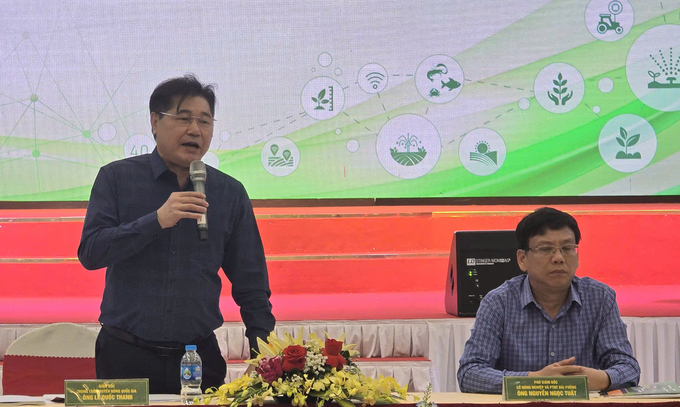
Le Quoc Thanh, General Director of the National Agricultural Extension Center, delivering a speech at the seminar. Photo: Dinh Muoi.
Participants at the seminar shared insights on digital transformation trends, with an emphasis on agricultural extension activities. Experts, representatives from regulatory bodies, research institutions, leading companies in the agricultural sector, and officials from local Departments of Agriculture and Rural Development nationwide engaged in discussions and exchanged breakthrough solutions for digital transformation in agricultural extension.
During the event, experienced agricultural experts and engineers addressed various practical issues regarding the application of digital transformation in agricultural production and extension services. Consequently, they aim to resolve concerns and challenges faced by the other attendees at the seminar.
Digital transformation has gradually become a key focus in agricultural extension activities over the years. Nevertheless, the process faces numerous limitations. Accordingly, Le Tan Phong, Deputy Director of Lao Cai Province's Department of Agriculture and Rural Development, highlighted data as the first obstacle in digital transformation. He noted that traditional data in the agricultural sector currently lacks organization and standardization. Consequently, this issue prevents the establishment of a unified information system. Furthermore, investing in digital transformation with unreliable data can lead to inefficiency and wasted resources, as newer systems may not be compatible with the national data infrastructure.
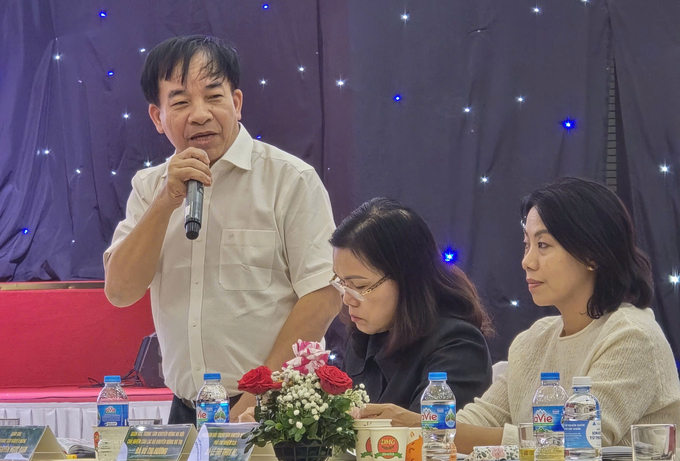
Nguyen Ngoc Dam, General Director of the Hai Phong Agricultural Extension Center, delivering a speech at the seminar. Photo: Dinh Muoi.
Additionally, the absence of a regulatory framework to manage and assess the quality of software solutions is another significant limitation. Despite the rapidly expanding agricultural software market, there is a clear lack of dedicated regulatory bodies to guide and monitor the quality control process. As a result, local residents must make their choices based on experience and unverified information, which often result in the use of unsuitable or low-quality software.
General Director Nguyen Ngoc Dam also discussed the challenges of digital transformation in agricultural production. According to him, investments in agriculture inherently carry high risks, which are also heavily influenced by weather conditions. Consequently, convincing farmers to invest in technological applications requires considerable effort because these applications typically incur substantial initial expenses.
In addition, public awareness regarding online public services remains limited, with traditional services being the preferred option for most citizens. On the other hand, concerns regarding data security also influence the effectiveness of online public services.
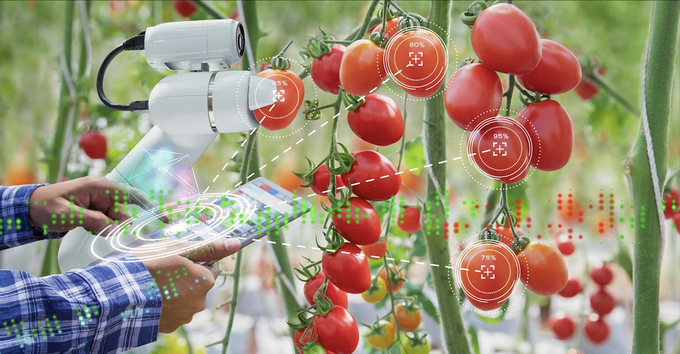
The National Agricultural Extension Center is currently planning to develop the "Digital Agricultural Extension" project to promote digital transformation in agricultural extension activities.
Moreover, the limited information technology capacity of the current workforce, which encompasses civil servants and public employees, and their ability to apply IT in advisory and implementation tasks also impact the digital transformation process. As a result, there is an urgent need to enhance the capabilities of the workforce to meet these requirements.
According to Le Quoc Thanh, Director of the National Agricultural Extension Center, stakeholders in the field of agricultural extension currently lack understanding of digital transformation. Conversely, stakeholders in the digital transformation process fail to fully understand the needs of the agricultural sector. This conflict has led to a disconnect and delays in the application of technology in agriculture.
The National Agricultural Extension Center is planning to develop the "Digital Agricultural Extension" project with the goal of accelerating digital transformation in agricultural extension activities. General Director Le Quoc Thanh stated that the project will be submitted to the Ministry of Agriculture and Rural Development for approval. Accordingly, stakeholders must initiate the digital transformation process promptly and with determination, despite its various challenges. The National Agricultural Extension Center will establish common standards to coordinate implementation across regions.
Community agricultural extension services assist farmer organizations in adopting scientific and technological advancements in production, thereby reducing production costs, improving yield and product quality, and increasing profitability. Additionally, these services aim to minimize environmental impact by reducing fertilizer and chemical residues released into the environment, decreasing irrigation water usage, and lowering greenhouse gas emissions. They provide support and advice for the development of cooperatives and cooperative groups, including guidance on policies, production linkages, traceability, and promoting community participation in local development activities.
Translated by Nguyen Hai Long

(VAN) Data from 10,000 farming households will help professionalize production organization and support the implementation of the One Million Hectares Program for High-Quality, Low-Emission Rice Cultivation.

(VAN) FAO Director-General QU Dongyu marks International Day of Plant Health at NENA conference.

(VAN) Deputy Minister of Agriculture and Environment Hoang Trung affirmed that floriculture and ornamental plants are a growing industry that receives significant global attention.

(VAN) The three staple crops dominating modern diets – corn, rice and wheat – are familiar to Americans. However, fourth place is held by a dark horse: cassava.
/2025/05/10/4037-3-223011_495.jpg)
(VAN) Remote sensing technology is becoming an indispensable tool in monitoring resources, developing modern agriculture, and protecting the environment in Vietnam.
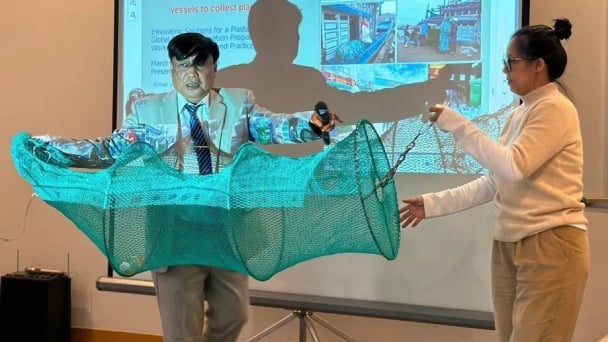
(VAN) The trash bag used on fishing vessels can withstand rough sea conditions, including level 8 to level 10 winds and waves. Notably, it can be hung anywhere on the boat.
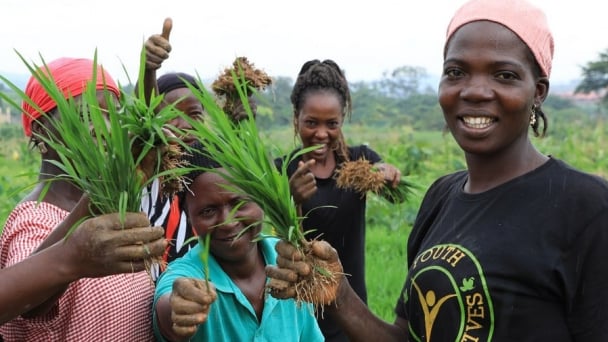
(VAN) African leaders launched the Kampala Declaration on Building Resilient and Sustainable Agrifood Systems in Africa, marking a bold step toward transforming the continent's agriculture.